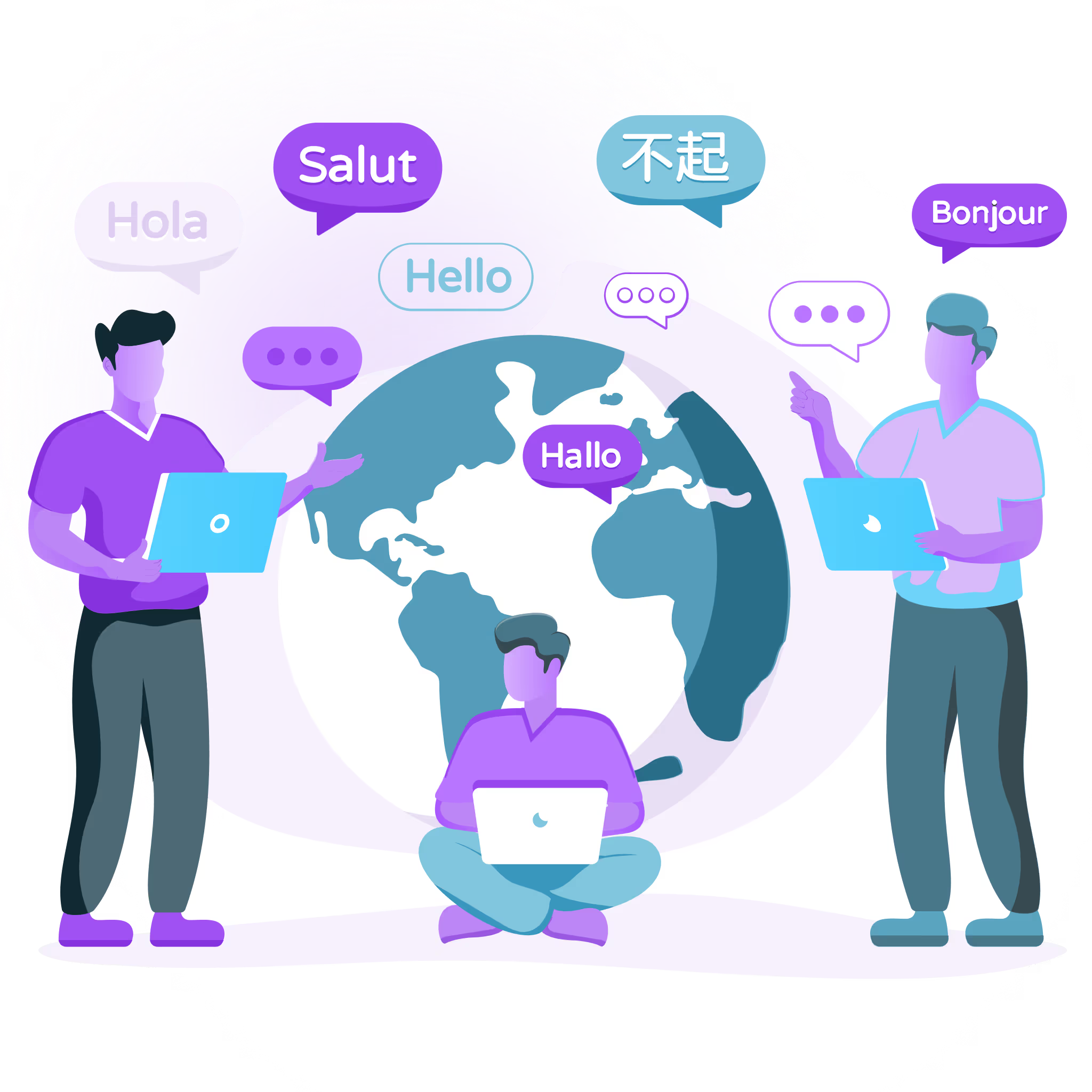Effective web localization adapts specific online content to fit target markets across the world and crosses linguistic, cultural, and physical borders in so doing. Localization is more than simple translation. When you localize, you're also taking into account the unique quirks and style of every language.
An effective localization strategy is one that piques the curiosity of your target market. However, web localization is not immune to human error. Here are eight of the most common web localization mistakes that should be avoided:
1. Complicated Content
It might sound like a good idea to use fancy words and phrases because you think it makes your content look more professional. But when it comes to web localization, the best course of action is to keep it simple. Different languages translate differently, so the simpler the English you use, the easier it will be to adapt it to other languages.
2. No Space for Text Expansion
When you translate from English (and depending on the language), your text may expand. It is therefore essential to design your page layout and spacing with this in mind.
- Example: An English to German translation may contain a similar number of words, but German comes with long, compound words that take up much more space.
Also, think about other unique characteristics of some languages. Take, for example, Arabic, which is read right to the left, and Chinese, which is written vertically.
3. Using Unsuitable Fonts
A font that looks good when used for English might not work for a language with different kinds of characters. For instance, most Asian languages do not use the Latin alphabet. Their characters are very different and might be unclear if you use a heavy or overly tiny font.
4. The Wrong Content Tone
The tone of online English is usually quite informal, but this does not necessarily translate well into other languages. For example, Japanese is an inherently formal language, and translating word-to-word will probably not work out well. The tone and style of Japanese content are in contrast with English.
- Depending on the relationship to the person they're conversing with or writing to, the Japanese adjust their language to show the proper amount of respect.
5. Skipping a Glossary
Some industry terms don't translate well into other languages. Therefore, keeping a glossary of the common terms in your industry will help make it easier for a non-English reader to understand.
6. Ignoring Cultural Context
Some words, phrases, and images don't translate well into other languages. This is usually because of their local meanings and symbolism. Taking such cultural context into account will make your localization much more effective.
7. Specifying Language but Not Country
A specific language is not necessarily spoken or written in the same way throughout the world. There are different dialects and tones that vary according to the locale. When translating a text, remember to specify the country and audience you are targeting. This will make your localization more personalized and, therefore, more effective.
- Example: The way English is spoken in the US is different from how the same language is spoken in the UK and Australia.
8. Relying Only on AI Translation
In today's era of AI, translation is one of the most commonly automated services. However, automatic translation is seldom accurate and only provides a subpar idea of the original context. It may even sound robotic, putting off your international audience.
Use Web Localization Effectively
To make your localization as effective as possible, it is imperative to avoid these mistakes. One of the most trusted online tools for localization - Localize - offers a multitude of features that will make your translation/localization work easier. Check out the many features of Localize here.



%201.png)




